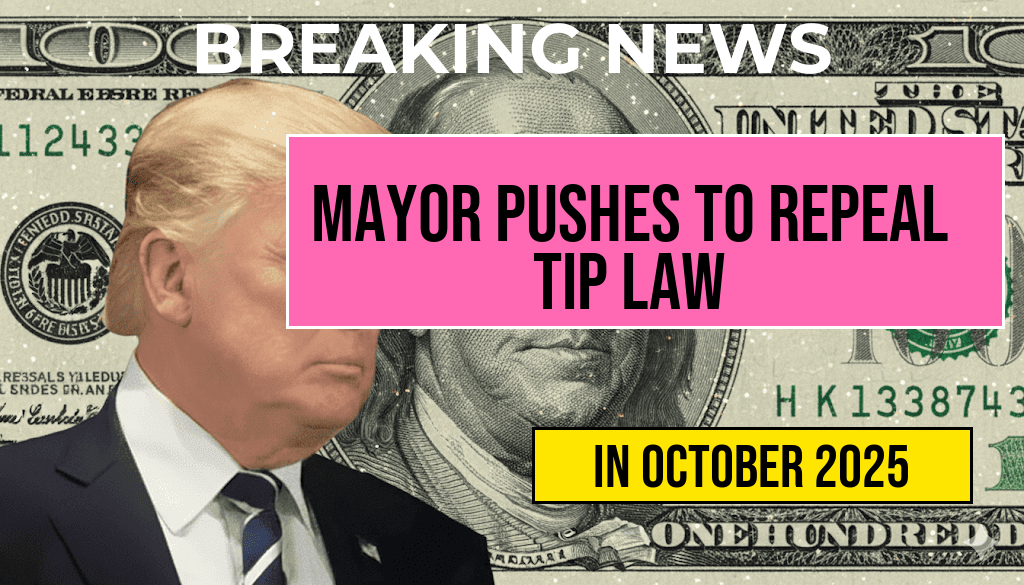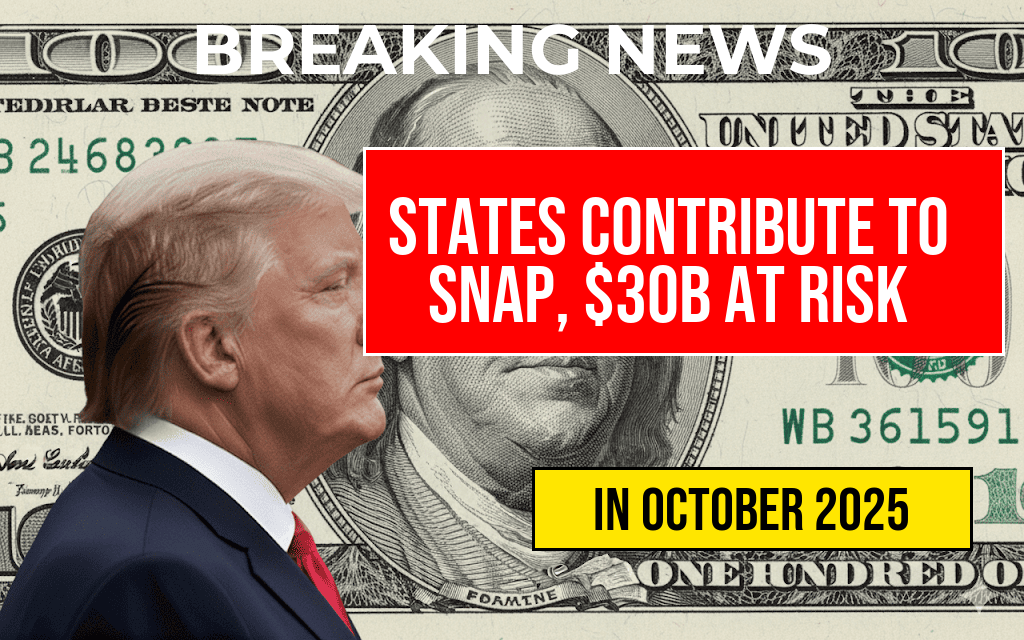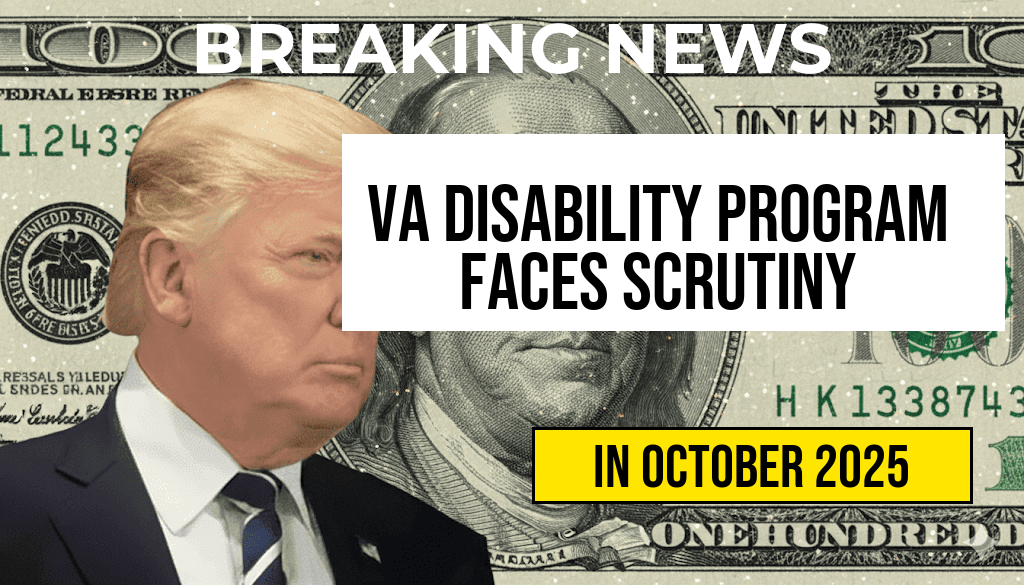In a bold move to tackle the city’s staggering $1 billion budget shortfall, Mayor Jane Doe has proposed the repeal of the existing tip law, which currently allows restaurant patrons to supplement workers’ wages through gratuities. The mayor argues that eliminating this law would not only streamline wage structures in the hospitality industry but also provide a more stable financial framework for the city’s workforce. At a press conference held on Tuesday, Doe presented her plan, emphasizing the need for a comprehensive approach to fiscal responsibility that could also enhance worker rights and benefits.
Understanding the Current Tip Law
The current tip law in City X allows workers in service industries, such as restaurants and bars, to earn a significant portion of their income through tips. While many argue that this system incentivizes excellent service, critics contend that it perpetuates income instability and inequity among workers. The mayor’s proposal seeks to address these concerns while also responding to the city’s pressing financial needs.
Reasons Behind the Proposal
- Fiscal Responsibility: The city is facing unprecedented budget challenges, necessitating immediate and effective measures.
- Worker Stability: The repeal could lead to higher base wages for service workers, reducing dependency on tips and ensuring a more predictable income.
- Enhancing Equity: Eliminating the tip law may also help level the playing field between different sectors within the hospitality industry.
Potential Impacts on the Hospitality Industry
Industry leaders have expressed mixed feelings about the proposed repeal. While some agree that a more equitable wage structure is necessary, others fear that removing the tip law could lead to increased menu prices and reduced customer satisfaction.
Support from Workers
Many service workers have rallied behind the mayor’s initiative, citing the unpredictability of tip-based income as a significant disadvantage in their livelihoods. “With tips, one day you can make a lot, and the next day, nothing,” said Maria Lopez, a server at a downtown restaurant. “A stable wage would make a big difference in my life.”
Industry Concerns
However, restaurant owners have voiced concerns that repealing the law could deter customers from dining out. “Tips are a part of our culture in the service industry,” explained Tom Baker, owner of a popular local eatery. “If we raise prices to compensate for lost tips, we risk losing our customer base.”
Financial Implications for the City
According to the city’s financial reports, the $1 billion budget shortfall is primarily due to declining tax revenues and increased public service demands. The mayor’s office has indicated that changing the tip law could provide a new revenue stream through increased taxes on higher wages, potentially alleviating some of the fiscal pressure on the city.
Projected Revenue Increases
| Source of Revenue | Current Revenue | Projected Revenue After Repeal |
|---|---|---|
| Income Tax from Service Workers | $200 million | $350 million |
| Sales Tax from Increased Spending | $300 million | $450 million |
| Restaurant Tax | $50 million | $80 million |
Next Steps in the Legislative Process
The proposal will undergo a series of public hearings and discussions among city council members before any final decision is made. The mayor is calling for community engagement to ensure that all voices are heard in the debate. “This is not just about economics; it’s about the future of our workers and businesses,” said Doe.
Community Engagement
The mayor’s office has scheduled several forums to discuss the proposed changes, inviting input from both workers and business owners. These meetings aim to foster dialogue and gather insights that may influence the final legislative outcome.
Conclusion
The proposal to repeal the tip law marks a significant moment in City X’s ongoing struggle with economic challenges. As stakeholders from various sectors prepare to weigh in, the coming weeks will be critical in determining the fate of this initiative and its potential impact on the city’s economy and workforce.
For more information about the implications of the tip law repeal, visit Forbes or consult the city’s financial reports at City X Financial Reports.
Frequently Asked Questions
What is the main reason the Mayor is advocating for the repeal of the tip law?
The Mayor is advocating for the repeal of the tip law to help address a significant $1 billion budget shortfall that the city is currently facing.
How does the tip law affect the city’s budget?
The tip law impacts the city’s budget by affecting the income of service workers, which in turn influences their contributions to local taxes and the overall economy, thereby complicating budgetary allocations.
What are the potential consequences of repealing the tip law?
Repealing the tip law could lead to increased wages for service workers, but it may also raise costs for consumers and potentially impact the local economy as businesses adjust to the changes.
How has public response been to the Mayor’s proposal?
The public response to the Mayor’s proposal has been mixed, with some supporting the need for budget reform while others express concern over the implications for service workers and the hospitality industry.
What steps will be taken if the tip law is repealed?
If the tip law is repealed, the city plans to implement a new wage structure for service workers and monitor the effects on the budget and local economy to ensure stability and fairness.













